Book Reviews
Our book reviews are designed to assist people in deciding what they should read.
These comprise a mix of recently published books and books published over the course of the last thirty years or so which we think should not be forgotten. We review books focused on issues ranging from economic history and management practices to theology and pragmatic business concerns.
We generally do not review books that may be regarded as “classics” (on the basis that they are already well known) or books that are aimed solely at an academic or other specialist audience (since our aim is to assist the non-specialist who want seriously to think through current issues).
Filter by subject
Search all reviews
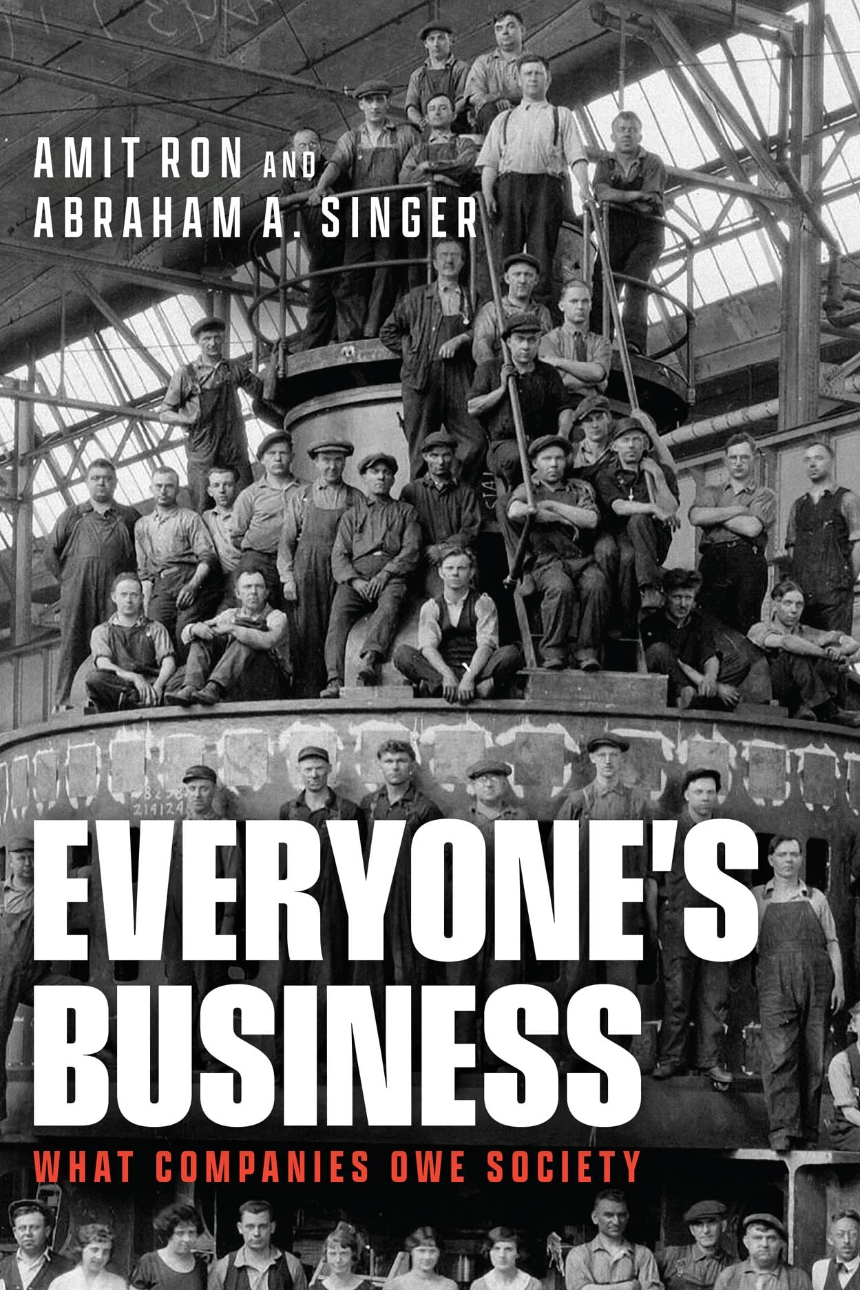
Marta Rocchi: ‘Everyone’s Business: What Companies Owe Society’ by Amit Ron and Abraham A. Singer
Everyone’s Business presents a well-structured but complex analysis of the responsibilities that businesses have towards the democratic societies in which they exist, and applies principles of democratic business ethics to practices by which democracy is potentially undermined.
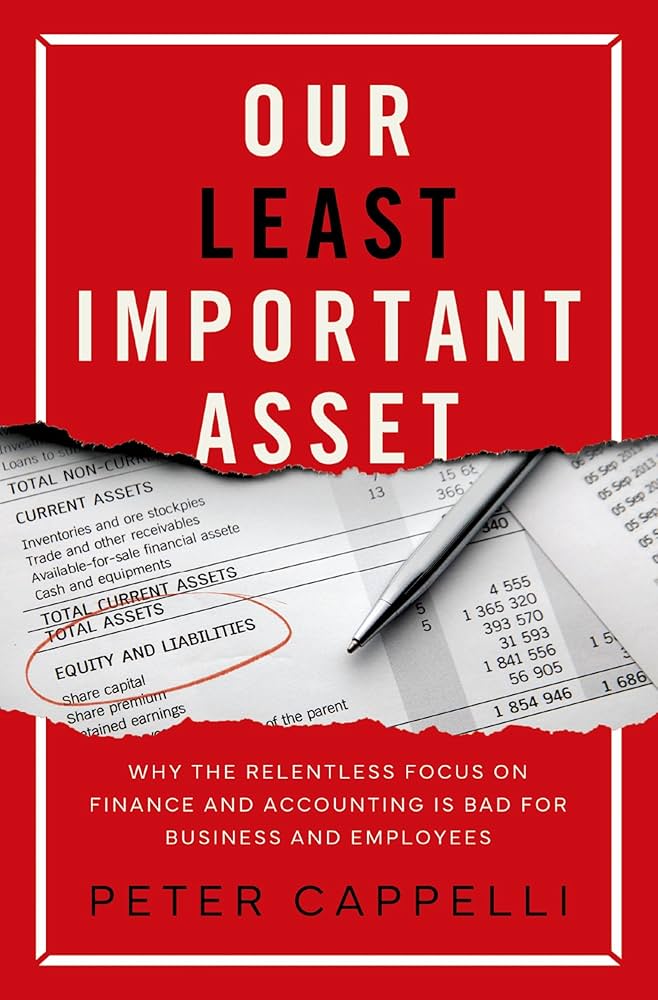
Andrew Packman: 'Our Least Important Asset' by Peter Cappeli
Our Least Important Asset argues that a decline in the quality of management on the part of large firms is attributable to the mechanics and importance attributed to financial accounting, but while the book makes some useful recommendations for reform, the analysis suffers from significant flaws.
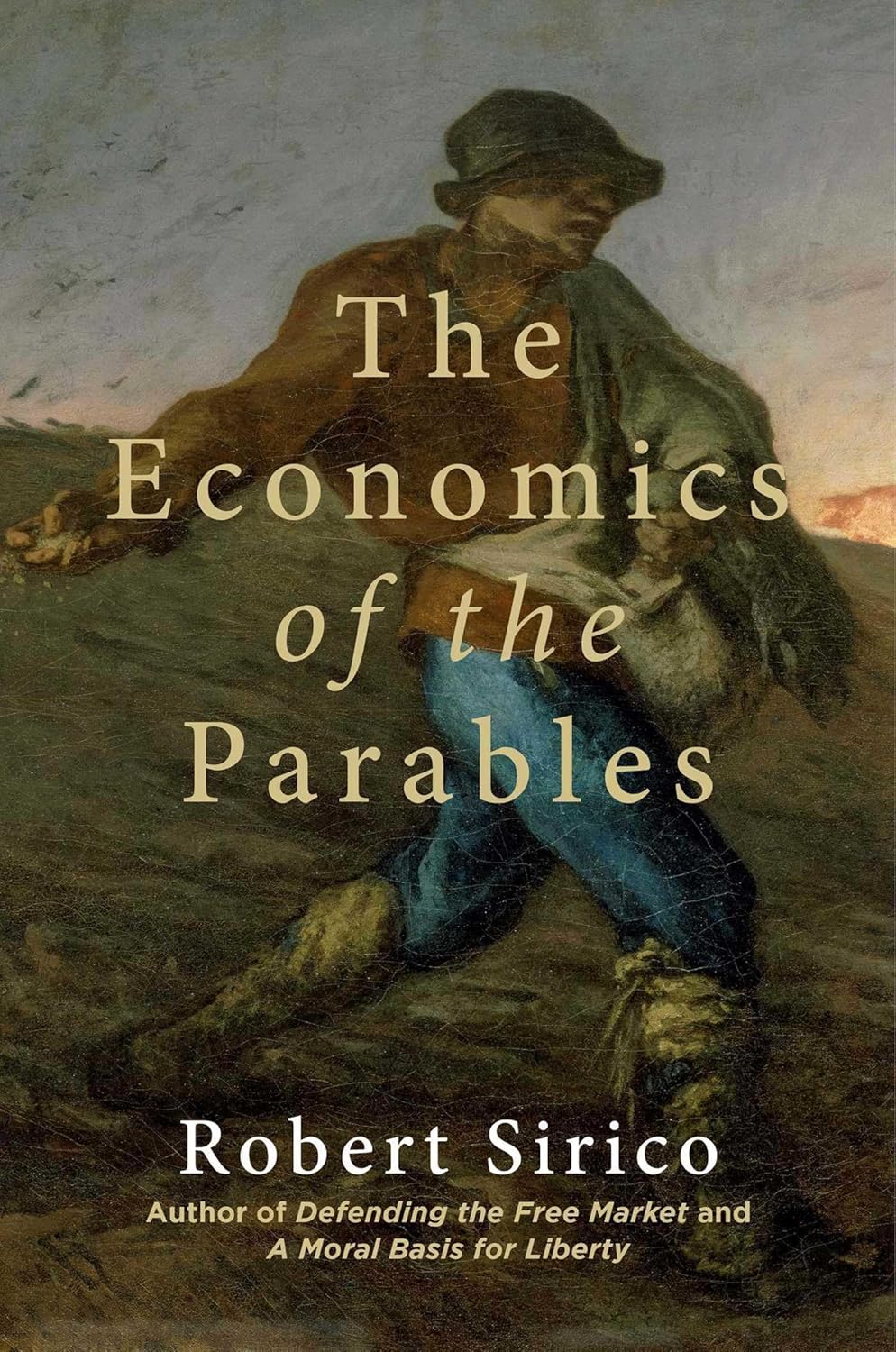
Edward Carter: ‘The Economics of the Parables’ by Robert Sirico
In The Economics of the Parables, Robert Sirico explores the economic and commercial setting of many of Jesus’s parables, considering the universal economic assumptions at play within the stories themselves with a view to enriching the reader’s engagement with them, but without trying to use the parables as the basis for instruction about economic policy or business practice.
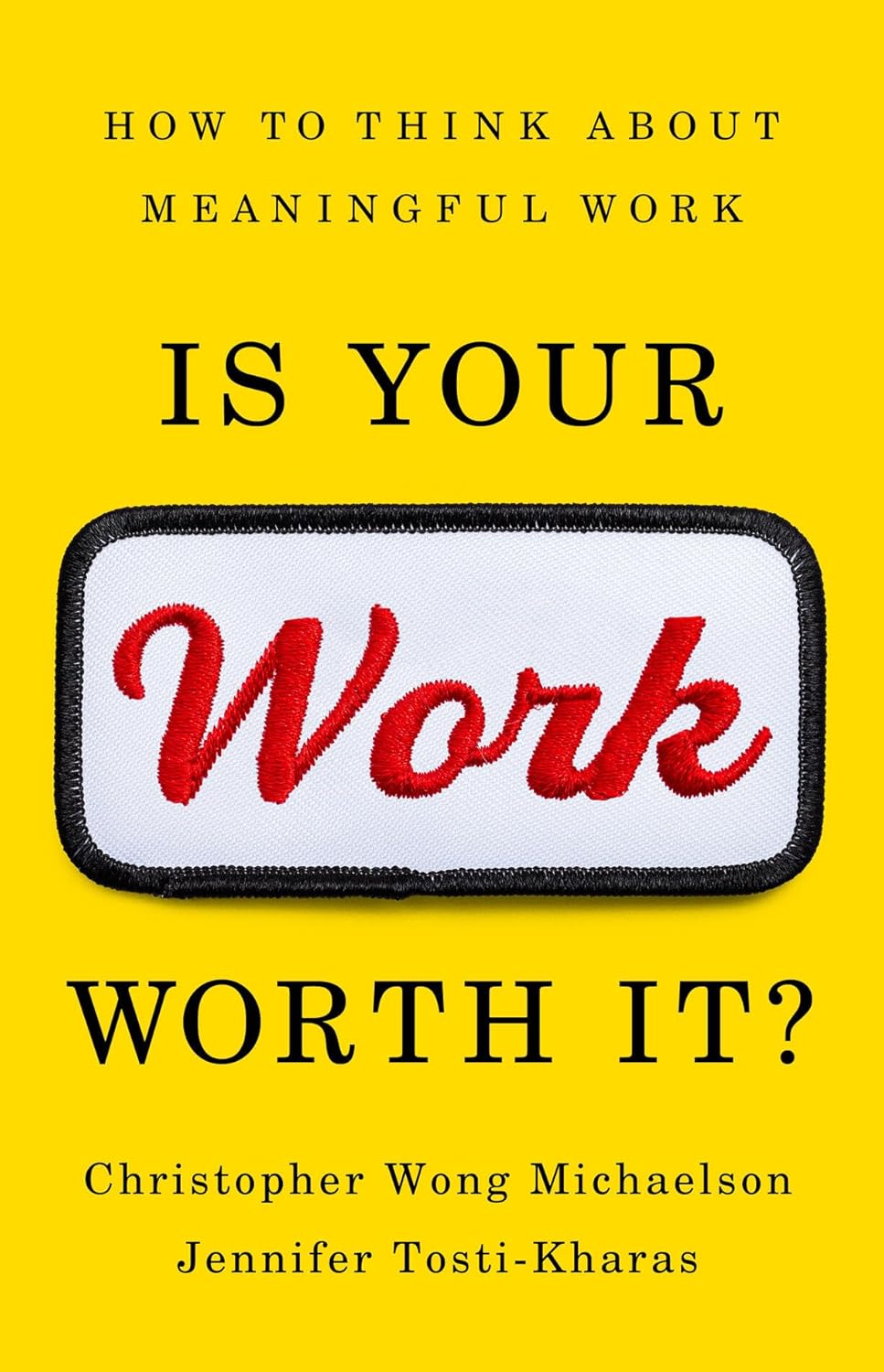
Neil Jordan: ‘Is Your Work Worth It? How to Think About Meaningful Work’ by Christopher Wong Michaelson and Jennifer Tosti-Kharas
In Is Your Work Worth It? Christopher Wong Michaelson and Jennifer Tosti-Kharas address the question of what makes work worthwhile, rather than specifically meaningful – meaningful work being the subject of their book in this area (The Meaning and Purpose of Work). Naturally, the meaningfulness or otherwise of work is considered in this volume, but […]
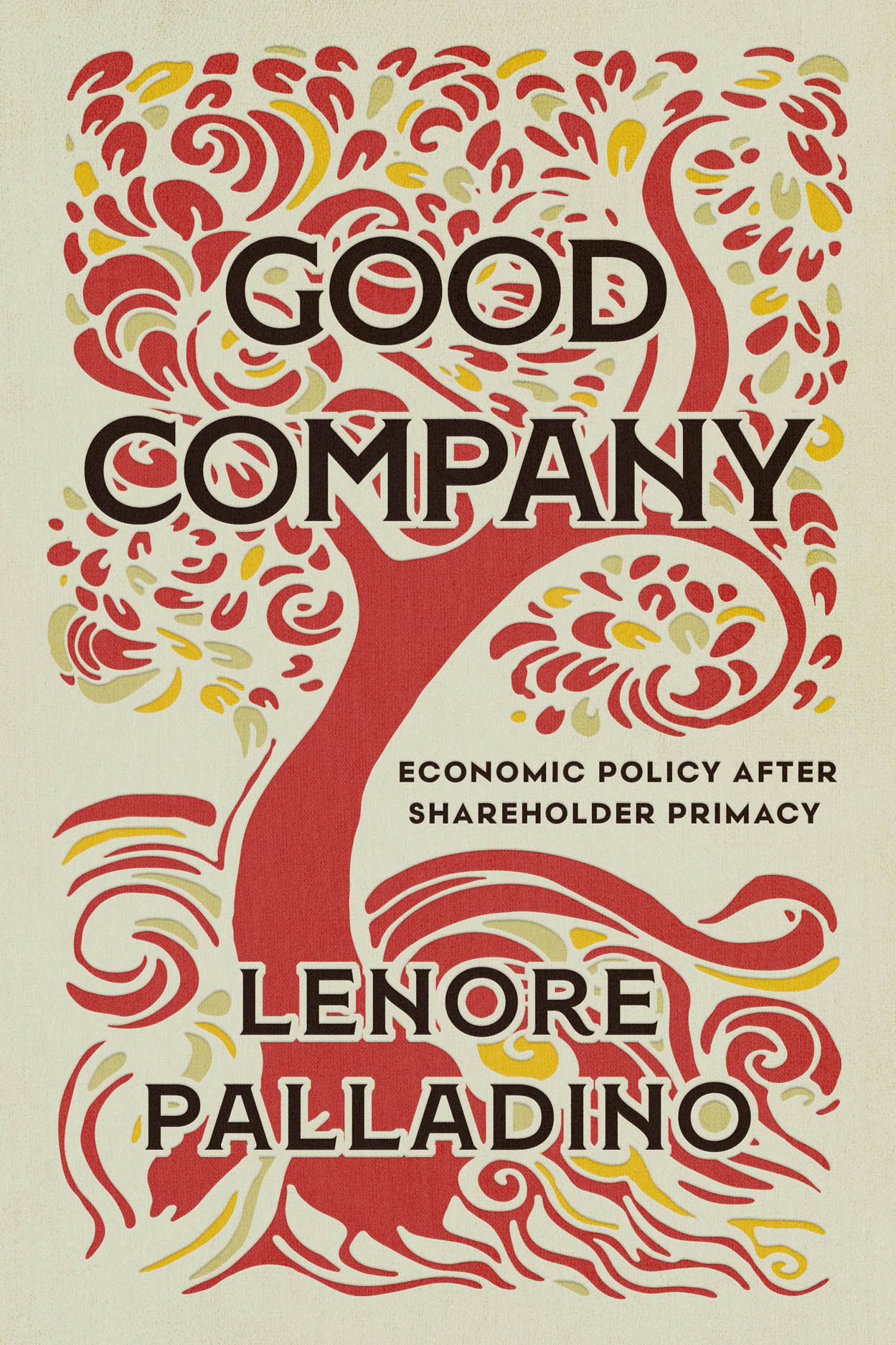
Richard Godden: ‘Good Company: Economic Policy after Shareholder Primacy’ by Lenore Palladino
Good Company seeks to propose policies for reorienting corporations away from shareholder primacy and toward innovation, but the book does little to connect shareholder primacy with a lack of innovation or provide evidence of the efficacy of the author’s proposed policies.
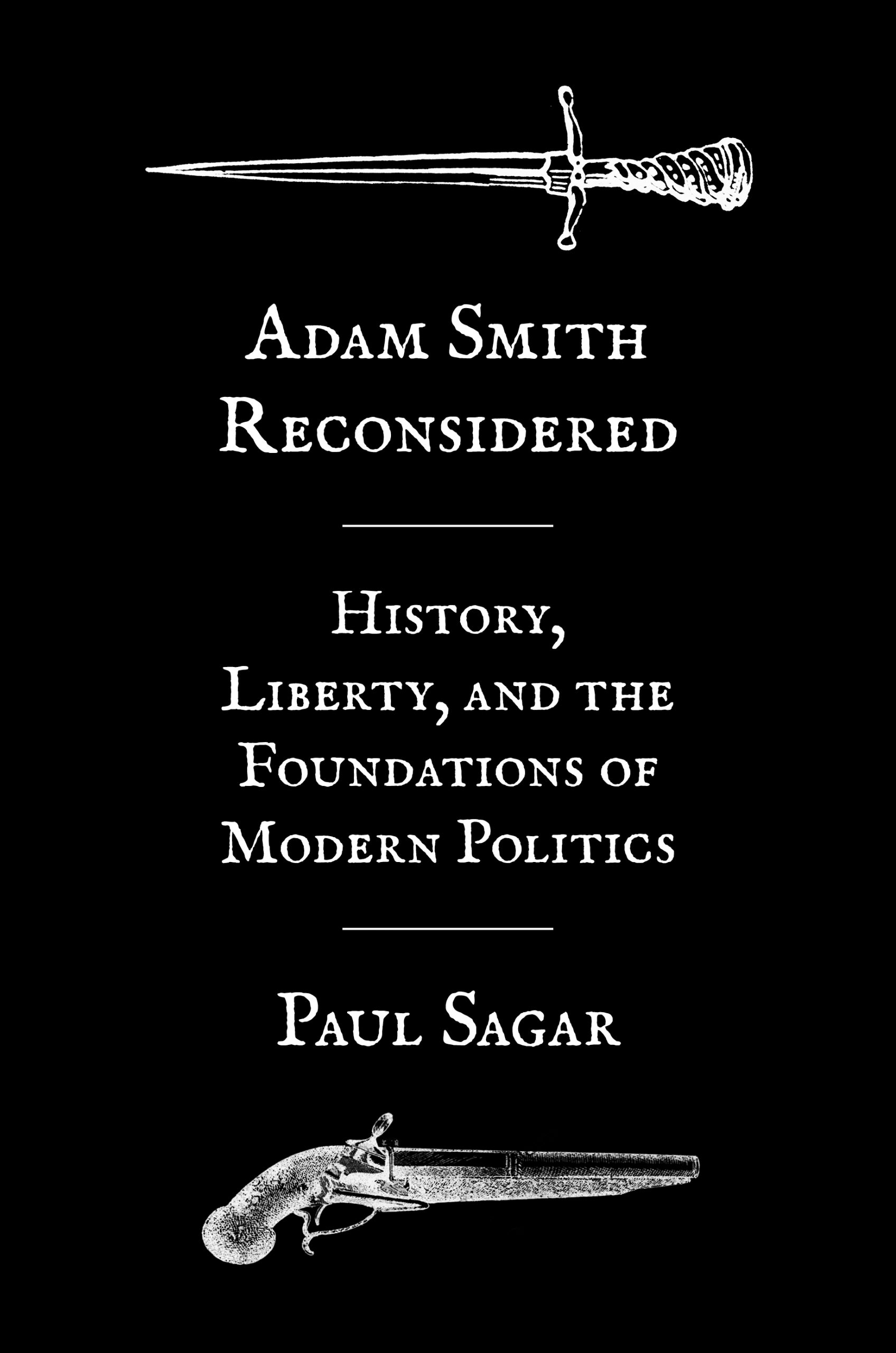
Jan Bentz: ‘Adam Smith Reconsidered: History, Liberty, and the Foundations of Modern Politics’ by Paul Sagar
Adam Smith Reconsidered offers an ambitious reinterpretation of Adam Smith’s intellectual legacy, challenging prevailing accounts and obliging us to rethink long-standing assumptions about Smith’s political philosophy.

Andrea Soberg: ‘Religion in a Changing Workplace’ by Elaine Howard Ecklund, Denise Daniels, and Christopher P. Scheitle
Based on research conducted by a team of academics, Religion in a Changing Workplace considers the impact of allowing employees to demonstrate their faith at work, discussing advantages, challenges and possible results for organisations.

Edward Carter: Economics for Ecclesiastics: A Guide, edited by Martin Schlag and Giuseppe Schlitzer
Based on research conducted by a team of academics, Religion in a Changing Workplace considers the impact of allowing employees to demonstrate their faith at work, discussing advantages, challenges and possible results for organisations.
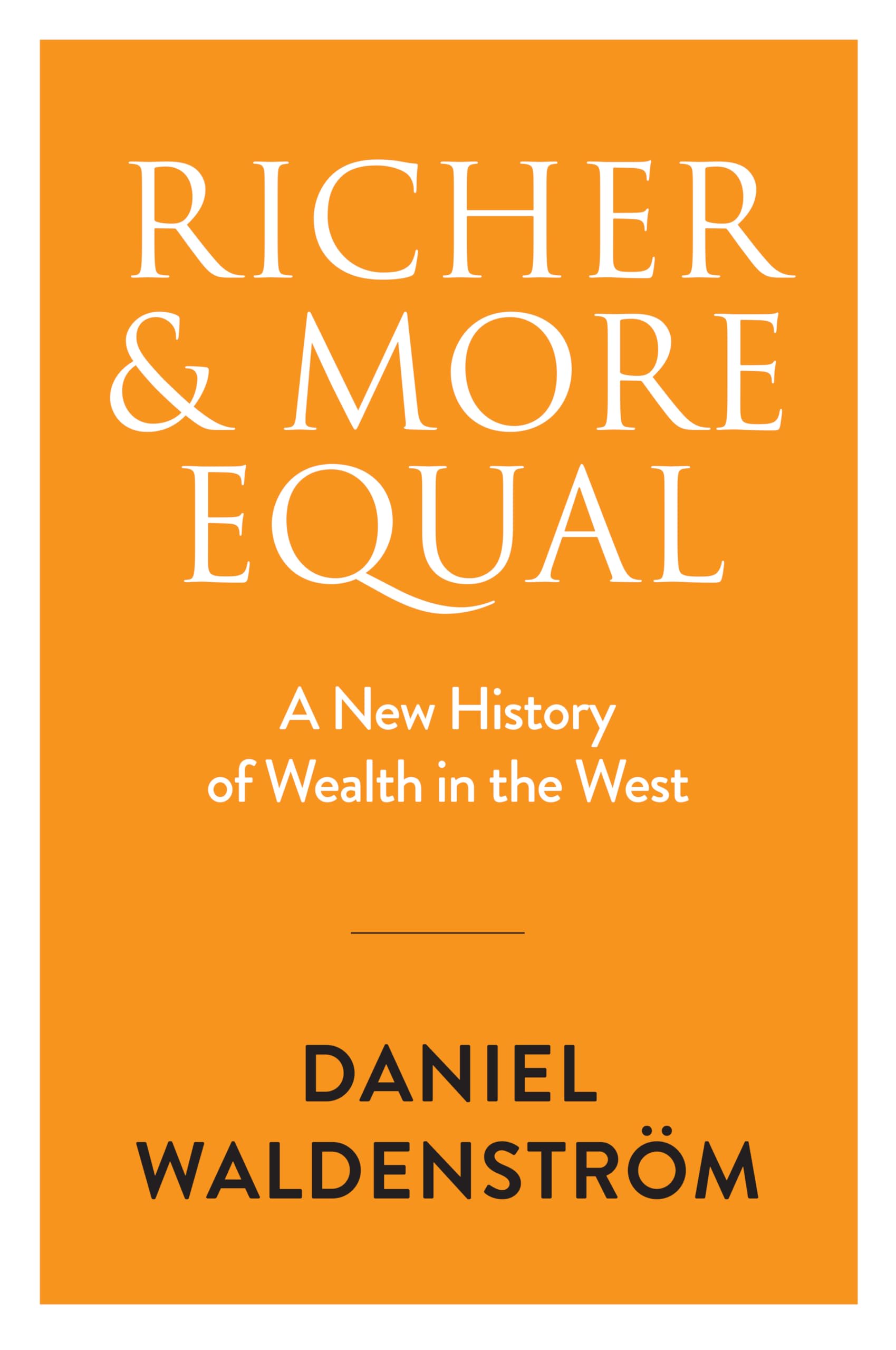
Matthew Lynn: ‘Richer and More Equal: A New History of Wealth in the West’ by Daniel Waldenström
Contrary to the claims of the liberal-left about dramatic inequality and the need for greater taxation in order to prevent societal disintegration, as Daniel Waldenström makes clear in this timely new book, we have, in fact, been getting both richer and more equal - and could continue to do so.

Neil Jordan: ‘The Meaning and Purpose of Work’ by Christopher W. Michaelson and Jennifer Tosti-Kharas
The Meaning and Purpose of Work examines the different levels at which work takes place, its various intrinsic and extrinsic rewards and societal value as determinants of its meaningfulness, always with an eye on the question of why it is that we work.
